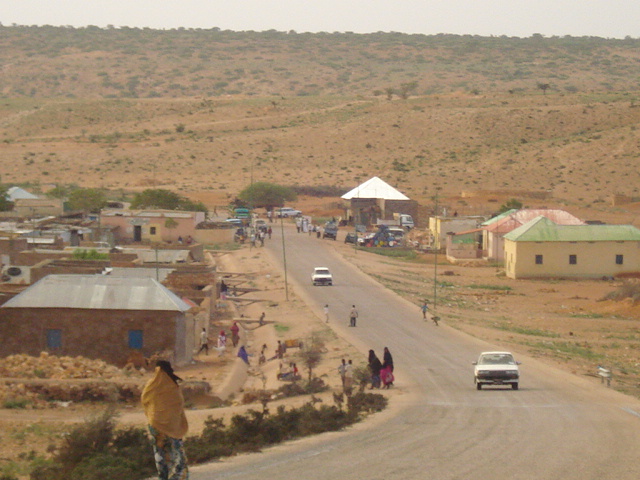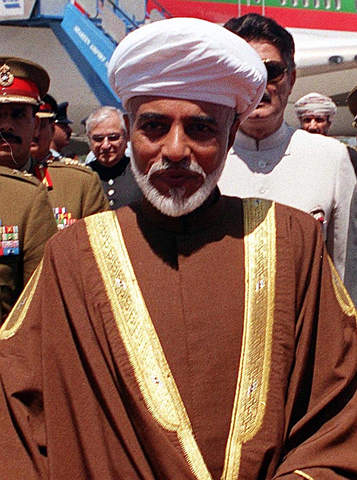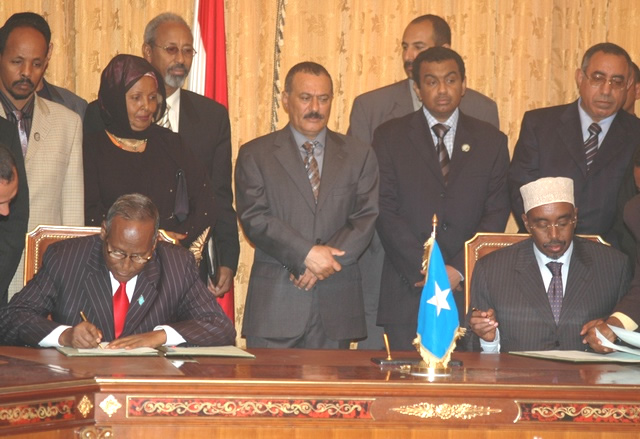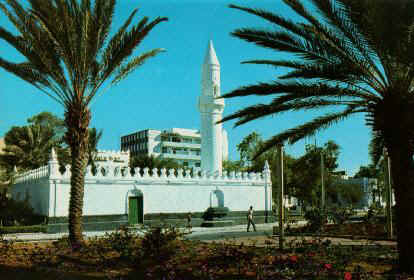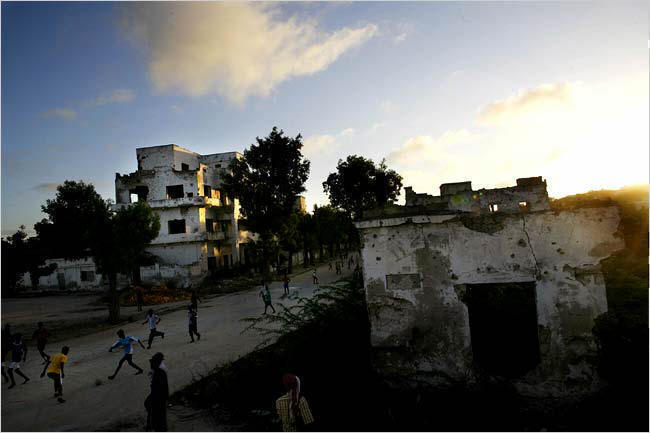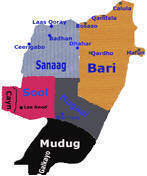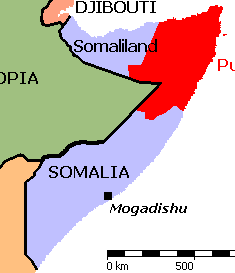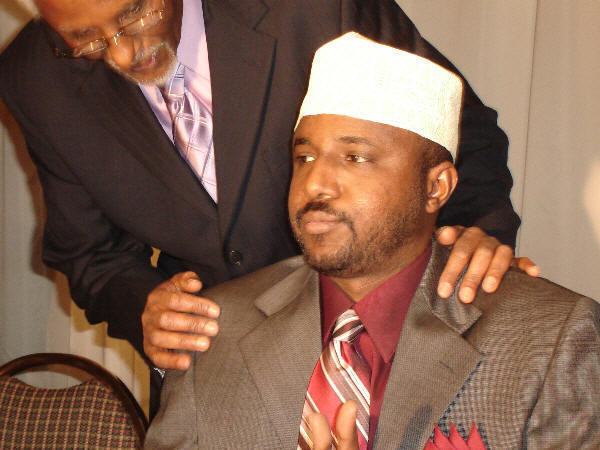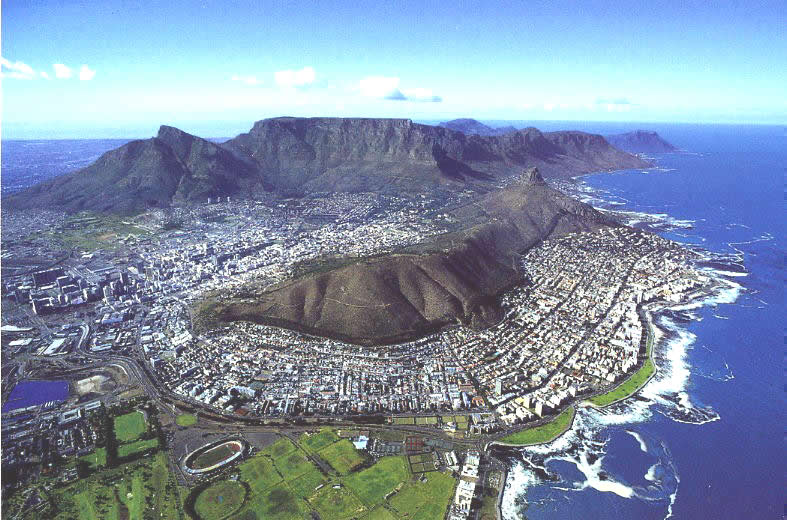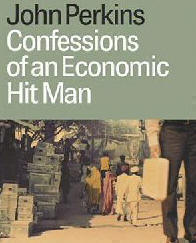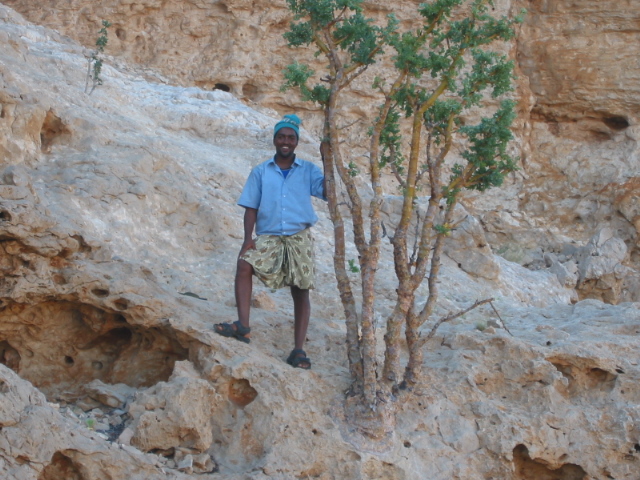
Introduction
Biyokulule Online
June 04, 2010
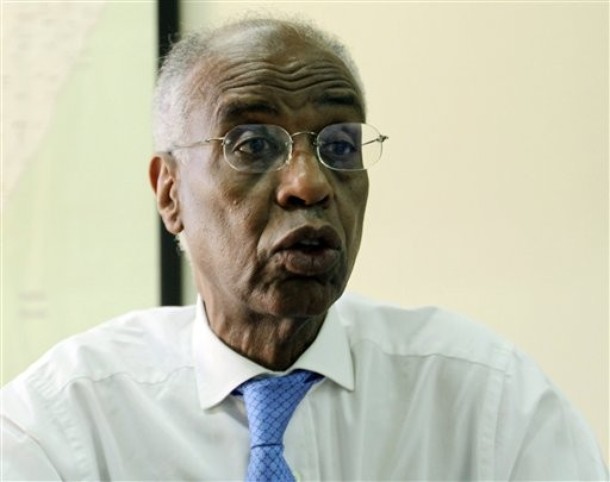
In this photo taken Tuesday, May. 4, 2010 U.N. envoy for Somalia Ahmedou Ould Abdallah speaks during a interview with the Associated Press in
In his memoir, Burundi on the Brink, 1993-95, diplomat Ahmedou Ould Abdallah has boosted his mission`s success in the political situation in Burundi during the two years surrounding the 1994 genocide in neighboring Rwanda. However, as a special U.N. representative with a mandate to mediate in Burundi`s simmering civil war, Ould-Abdallah inserted himself as someone who is pushing unpopular, imaginative agenda. He was accused of lack of impartiality, and indeed was taking sides in Burundi`s ethnic conflict. The country`s fratricidal brew of bloodshed, suspicion, fear, and rumor skyrocketed during his tenure, achieving insignificant successes in crisis control and longer-term peacemaking.
In fact, during his term, the International Community realized that �the cost of failure in
And now, as a UN Special Envoy to
Yet, since he became the U.N. envoy for
Here, Biyokulule Online puts forward to its readers the tragic news of Burundi`s crisis, under the care of diplomat Ahmedou Ould Abdallah`s �preventive diplomacy� techniques; and reprints Al-Sharq al-Awsat`s latest telephone interview with the diplomat.
UN Envoy to
Al-Sharq al-Awsat Online
Friday, June 4, 2010
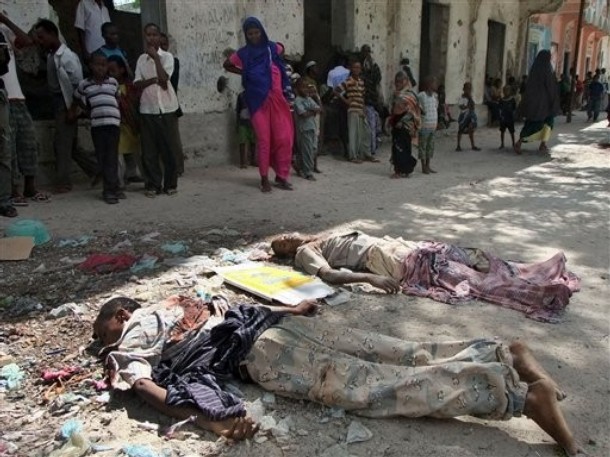
Report from
The United Nations Special Envoy to Somalia Ahmad Ould Abdallah told Al-Sharq al-Awsat that he decided to finally retire and quit his post in July. At the same time, however, he denied that his decision has anything to do with his controversial statements on the recent crisis within the troika of the transitional authority in
In exclusive statements to Al-Sharq al-Awsat by telephone from the Ethiopian Capital,
He added: �Work at the United Nations is difficult and complex. I said I do not want to serve a second term. However, I will remain as adviser to the secretary general on other issues.
He continued: �I will leave my post in July. This is a final decision. My term has been the longest when compared with the terms of my predecessors. Personally, I am satisfied with my work. However, I feel sorry because
Ould Abdallah said he presented to the African Union a new plan of several points to consolidate peace and stability in
He emphasized the need to extend support to IGAD (Inter-Governmental Authority on Development) and to the African Union forces. He noted that it is necessary to support these forces, pay their personnel`s salaries, increase their size, and provide all the logistical and military assistance that they need.
Ould Abdallah said his plan stipulates that the UN Security Council resolutions on fighting terrorism must be applied to any person or party in or outside of
In his statements to Al-Sharq al-Awsat, Ould Abdallah denied that his decision to quit his post is connected to the argument that was triggered by his statements in support of a decision by Somali President Shaykh Sharif Shaykh Ahmad to dismiss his prime minister, Omar Abdirashid Sharmarke, because of the latter`s disagreement with former Parliament Speaker Adan Madobe. Afterward, Shaykh Sharif backed down on his decision to dismiss Sharmarke.
Ould Abdallah said: �My resignation has nothing to do with this issue. I supported and continue to support the stand of President Sharif and the government. This is obvious anyway. But my decision to leave my post is a personal one.�
He added: �I took up my post in November 2007 and served about three years in this post. It is a long time when compared with the terms that my predecessors served. Now, however, I have personal matters that I must attend to.�
He continued: �I regard the UN secretary general with great respect. He is the one who appointed me in this post, but I have family and other responsibilities. I seize this opportunity to renew my respect to all my colleagues in the regional and Arab organizations with whom I dealt closely on the Somali issue.�
The UN envoy said that the Somali crisis is a long-standing one that involves trade, economic, and financial issues, and money smuggling, in addition to illicit trade. He referred to the presence of Islamist extremists and noted that the government officials have no experience. He also referred to the civil war that has been going on since 1991.
Ould Abdallah asserted the need for the international community to continue to provide all types of assistance to the transitional authority to enable it to extend its control to all Somali territories. He said: �It is the responsibility of the international community to help the Somali people who have become hostage to political minorities.�
Ould Abdallah defended the period that he spent in his post and refuted the accusations that were leveled at him by some Somali officials, particularly those who are opposed to the transitional authority.
He said: �Everyone waged war against me, and this is only natural. The Somali crisis has existed more than 20 years now. If they say that I or my predecessors were the reason, this is disrespect. The crisis existed before I came and will continue after I go. Let them say whatever they want. No objective analyst would pay any attention to these false accusations.�
Ould Abdallah denied that he is responsible for the financial crisis that the Somali Government faces and which reached a point where the government is unable to pay the salaries of its forces and the salaries of the MPs.
He said: �The EU pays the salaries of the police, army, and MPs, and we only deliver them. We asked for some salaries more than one and a half years ago, but regrettably have not received any answer.�
He added: �The UN office in
Noting that he had hoped to achieve more positive results for
Yet, the UN envoy did not give up his little optimism about a possible breakthrough in the political crisis in
Concluding his statements to Al-Sharq al-Awsat, Ould Abdallah said: �I am sorry because the Somalis continue to evade their responsibilities and lay the blame on others.�
(Description of Source: London Al-Sharq al-Awsat Online in Arabic -- Website of influential London-based pan-Arab Saudi daily; editorial line reflects Saudi official stance. URL: http://www.asharqalawsat.com/)
Compiled and distributed by
New U.N. envoy appointed for
November 19, 1993
UNITED NATIONS, Nov 18 (Reuter) - Ahmedou Ould Abdallah, a U.N. development official, on Thursday was appointed the new U.N. special representative for
A U.N. spokesman said Maxime Leopold Zollner de Medeiros of
Ould Abdallah, a former Mauritanian foreign minister, is the special U.N. coordinator for
The Security Council late on Tuesday approved a small mediation team for
But the council steered away from any U.N. operation in the central African nation, where about 700,000 refugees fled into neighbouring states after a bloody coup attempt last month.
The
Burundi`s army launched a coup on October 21 that sparked tribal massacres between the majority Hutu and the minority Tutsi tribe, which dominates the military. The country`s first Hutu president was killed during the uprising.
� 1993 Reuters Limited
DEMONSTRATORS ACCUSE UN ENVOY OF BIAS, PROTEST AGAINST PLANS FOR
BBC Monitoring Service:
June 01, 1994
Bujumbura, 30th May: Burundi`s Union for National Progress, Uprona, former single party, and the Party for the Reconciliation of the People, PRP, on Sunday [29th May] in Bujumbura gathered a crowd of supporters to express their disapproval of the �biased� way the UN representative is carrying out his duties. Shouting �Abdallah out� and �
The accusations of partiality are not new, but the last straw was, according to the protesters, Abdallah`s plan to organize in Nairobi from 1st June a week-long international conference on democracy and security in Burundi. The meeting, to which all the members of Burundi` s executive, legislative and judiciary have been invited, has stirred fears for their safety. They said plans to �gather at the same time all the members of the Burundian cabinet in the same plane� were suspicious.
The UN representative came down to the hall of his hotel and asked to talk to the angry demonstrators. He said the demonstrators had a democratic right to demonstrate for action they deem right, but that it was also not right for them to accuse him without foundation. He said the Nairobi conference would be convened only if Burundi`s main parties deemed it useful and wanted to attend. �I am not here to force anybody to act against his own will,� he said.
Observers said that the same opposition through similar demonstrations forced the OAU secretary-general`s special representative to Rwanda to resign.
� PANA news agency,
� 1994 The British Broadcasting Corporation. All Rights Reserved.
March 23, 1995
BUJUMBURA, March 23 (Reuter) - Thousands of placard-waving students marched through Burundi`s capital Bujumbura on Thursday protesting that a United Nations special envoy was taking sides in its ethnic conflict.
Nearly 3,000 mainly Tutsi students accused Ahmedou Ould Abdallah of backing Hutu extremists and of downplaying a weekend incident in which a number of people including three Belgians were killed in cold blood by guerrillas.
The students also criticised President Sylvestre Ntibantunganya for remaining silent on the attack which sparked fresh ethnic fighting in the country between minority Tutsis and the majority Hutu people.
�U.N. yes, Abdallah no. Abdallah go home,� read one placard.
�Abdallah is with the armed Hutu gangs. Time for colonisation is gone,� read another.
The chanting students marched from the city`s university campus to the president`s office and onto the Belgian embassy before dispersing outside the U.N. envoy`s residence.
Tension in the central African country is high and mounting between Hutus and Tutsis, the two ethnic groups involved in strife that has all but torn neighbouring
Security forces watched from a distance and did not intervene throughout the peaceful march. The U.N. envoy could not be reached for comment.
Victims of the weekend attack were gunned down during an ambush outside the city on Sunday. Etienne Waltzing, Corinne Salle and her daughter Jazmin were killed when their car came under fire 12 km (seven miles) southeast of
They were all Burundi-born members of the tight-knit community from the central African nation`s former colonial power and were the first foreigners to be deliberately slain in Burundi`s bloodshed which erupted 18 months ago �
� 1995 Reuters Limited
UN SPECIAL ENVOY ABDALLAH INTERVIEWED ON STUDENT UNREST IN
BBC Monitoring Service:
March 25, 1995
The situation is becoming worse. The army has been dishing it out to Hutu armed groups in Kanyosha, a southern suburb of the capital Bujumbura, where students took to the streets this morning [23rd March] to protest against the actions and presence of the UN representative in Burundi, Mauritanian Ahmedou Ould Abdallah. In a communique, the students also demanded the departure of the head of state and the dissolution of parliament. Celcius Senguignouva reports:
[Senguignouva - recording] The students at the University of Burundi - the only university in the country - decided to organize a protest march against the UN secretary-general`s special representative in Burundi, Mauritanian Ahmedou Ould Abdallah, at a meeting yesterday. There had been grumbling for some days by Tutsis against Ahmedou Ould Abdallah, who was accused of supporting President Sylvestre Ntibantunganya and the Front for Democracy in
This student demonstration epitomizes the extent to which the political and security situation has worsened in
Concerning security, the Burundian security forces have been clamping down on Hutu armed groups since yesterday evening in Kanyosha, a southern suburb in the capital. Gunshots could be heard until 1100 [local time]. A bus and its passengers were reported missing in the Hutu suburb of Kamenge. The police think the bus was seized, and that some of its passengers are being held hostage. [End of recording]
This student demonstration comes two days after violence which led to about 20 deaths in
[Abdallah - recording] Anything is possible, I am not ruling out anything, but I must tell you that the situation is being controlled by the government and the security forces. People are dying, which is deplorable, but you must know that for the past 18 months - [pauses] Since 6th April, it has been said that Burundi is going to collapse. This has been said for a year now. So, what conclusion do you want me to draw? For the past year, the media, non-governmental organizations, governments, everybody - [pauses] it is possible, and although the situation is very difficult, this is also one more reason why we must see what we can do about it.
[Announcer] Each time you speak, Mr Abdallah, one gets a feeling of optimism. On what do you base your optimism about the country`s situation -
[Abdallah - interrupting] It is not optimism, it is realism. I am not optimistic, I am realistic. I am telling you that the situation is very difficult, but that the people are now under control and that this situation has been going on for a year now. The fundamental problem is the same: distrust. The crisis was very deep and, added to that, there was fear and a lack of trust. There are a whole lot of problems.
[Announcer] Is it this distrust that is making students demonstrate today in
[Abdallah] I do not think the demonstration is related to distrust. Their demands are very explicit and do not require any comment. They are demanding the departure of the head of state and the dissolution of the parliament, but these are demands being made by young students, who are certainly expressing some existing fears.
Source: Africa No 1 radio,
Text of report by Gabonese Africa No 1 radio
� BBC Monitoring Summary of World Broadcasts.
PRIME MINISTER CALLS ON STUDENTS TO GIVE HIM MORE TIME
BBC Monitoring Service:
March 28, 1995
Excerpts from report by
Mr Antoine Nduwayo, the prime minister, yesterday [26th March] afternoon met the university students and staff at the Kiriri campus [in
In addition, university students and staff are asking for the restoration of peace and security so that they can resume lectures. The prime minister agreed with them, for, he said, one can neither work nor build anything durable without security.
On disarmament, he said the operation was continuing, adding, however, that if the problem of displaced people was not resolved there would be no peace either. The prime minister spoke at length about disarmament and took the opportunity to deliver a message to the students.
[Nduwayo - recording] [Words indistinct] this frantic armament which has developed in our country and which today constitutes the number one security factor, did not happen by (?mere chance)... When, at the beginning of the crisis, we noticed that young Hutus were beginning to arm themselves - some young Hutus, because the majority of the [words indistinct] are not armed [words indistinct], as is the case among the Tutsis [sentence as heard]. All the same, there were some youths who armed themselves [words indistinct]. As a reaction, we saw some Tutsi youths arming themselves. Well, the result is what we are going through...
We have announced that we are going to disarm people. It is easy to say it. One has got to implement and achieve it. Today there is political will, but we must tell you that it is a complex and (?difficult) problem. I am surprised to hear that as long as the (?new) government is not yet (word indistinct) you will not resume lectures.... We can disarm by force and we in fact do it from time to time...
So, we are going to continue the disarmament. Work is in progress and other strategies are being prepared. I have felt that you are being extremely harsh with us... This government was formed on 1st March. Today it is the 26th. Do you think we can put in place coherent political strategies, not only for disarmament but also for reconstruction, put in place a coherent policy for mending the national fabric, and achieve all this in 26 days. When do you want us to do this? When the government is continually forced to go and put out fires here in Bujumbura, when all the time attacks are taking place in every direction, and when, to all this, you add demonstrations by those who should understand that the government needs time to prepare all the strategies and start working: Well you want one thing and its opposite at the same time...
So I ask you to be both harsh and to shake us up when you see us sleeping. But also, give us time to work. And give yourselves time to (?learn). So, I would like to ask you - or rather tell you - that this is a government that has just been put in place. (?Give) the government some breathing space at least, so that we can show you what we can achieve. Since I assumed the post of prime minister [passage indistinct], there have been strikes [words indistinct] this cannot work. If you add to this your demands and demonstrations [words indistinct]... I fully understand your message through your communication at the beginning [words indistinct] in which you called for more security. Everyone is demanding the same thing.
Maybe you have the right to demonstrate, but the peasant who is suffering in the interior of the country and the (?displaced people) are asking for (?even more). Think about them.
Concerning the displaced, there is a policy that is being [word indistinct] and I can assure you that I have committed myself to providing every family with a plot of land where they can (?farm) by the time the first rains come in September and October. This is a schedule we cannot deviate from. I will personally ensure that the displaced and repatriated speedily return to either their properties, or, if it is not possible, we will find somewhere else for them.
Source: Radio
� 1995 The British Broadcasting Corporation. All Rights Reserved.
UN envoy leaves
Annie Thomas
October 11, 1995
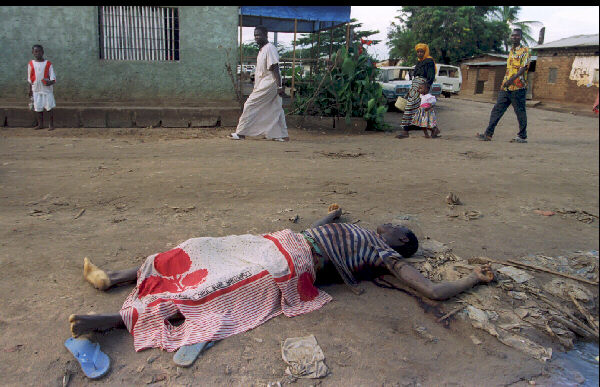
One of some l00 mostly Hutus killed in May 1995 episode of ethnic violence in
�I am leaving at the end of a busy mandate,� Ould Abdallah told AFP in
�I myself asked to leave, in the Arab style ... quietly,� said the Mauritanian diplomat, a former minister in his home country.
Ould Abdallah, who arrived in November 1993, is returning to UN headquarters in
No successor has yet been named, but the interim will be assured by his deputy, Abdelaziz Hany, an Egyptian.
Ould Abdallah, a Moslem who will be 55 next month, won a reputation in the largely Christian central African mini-state for reacting coolly to successive crises.
Rumours abound on the reasons behind his departure, but he rejected them all, stressing that it had �nothing to do with the Burundians,� who turned on a �very big reception� to mark his leaving.
Announcements that he was about to leave were made several times during his term, which was initially for several months, but as crisis followed crisis he stayed on.
He developed his own brand of �preventive diplomacy� at the head of a dozen international experts and another dozen Burundians, but with no UN troops to back his policies.
He is given much of the credit for the prevention so far of all-out civil war between Hutus and Tutsis, but clashes and massacres are common.
�I arrived at the conclusion that preventive diplomacy could not come from one man, but had to be a joint effort between the government, the United Nations, non-governmental organisations and the press,� he said.
He has one regret about leaving: �I shall miss the formal opening of the national debate (on reconciliation), planned for the end of the year. I would have liked to launch it.�
Ould Abdallah says there exist two major misconceptions about
�There are three million refugees and displaced persons, Rwandans and Burundians, within a circle which has a diameter of 300 kilometres (180 miles),� he said, voicing his support for a regional conference on refugees.
Ould Abadallah arrived in Bujumbura after a failed coup d`etat on October 21, 1993 during which soldiers assassinated the country`s first Hutu president, Melchior Ndadaye, who had been elected five months previously.
His death triggered massacres which left more than 50,000 people dead.
Ould Abdallah`s mission was to oversee the establishment of new institutions and a new president.
That was done in three months.
But on April 6, 1994, with the UN envoy on the point of leaving, the new president, Cyprien Ntaryamira, another Hutu, was killed along with Rwandan president Juvenal Habyarimana when their plane was shot down over
That triggered the war in
But the killing destabilised the country, and a new president was needed.
That took until September of 1994, when a power-sharing �government convention� was signed and interim president Sylvestre Ntibantunganya, a Hutu, was confirmed in the post by a 68-1 vote in parliament.
�After that, there was a need to consolidate the regime,� said Ould Abdallah.
But, as he leaves, the moderates are under threat, with much of the tiny country controlled by Hutu and Tutsi militias and violent death commonplace.
|
|
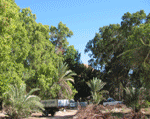 Sawirro Somaliya  |
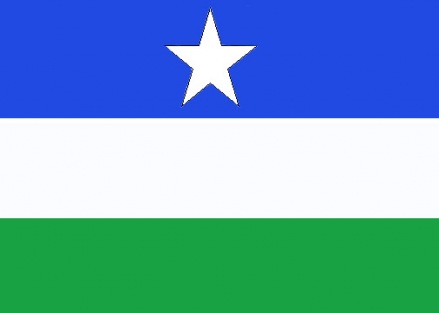
|
GOVERNANCE
The Scourge and Hope of Somalia A New Book By Ismail Ali Ismail 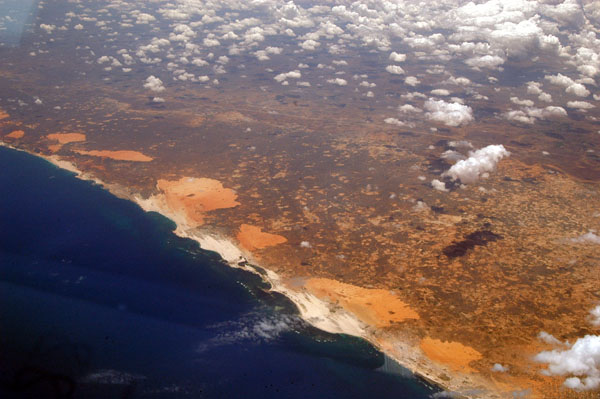 Which Way to the Sea, Please? By Nuraddin Farah Dhulkii Burcad-Badeedda .jpg) Budhcad Badeed Weli Qiil ma Leeyahay? 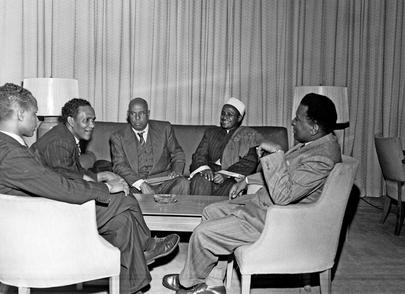 SYL LETTERS By A S Faamo |
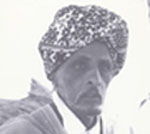 |
 |
© Copyright BiyoKulule Online All rights reserved�
Contact us [email protected] or [email protected] |

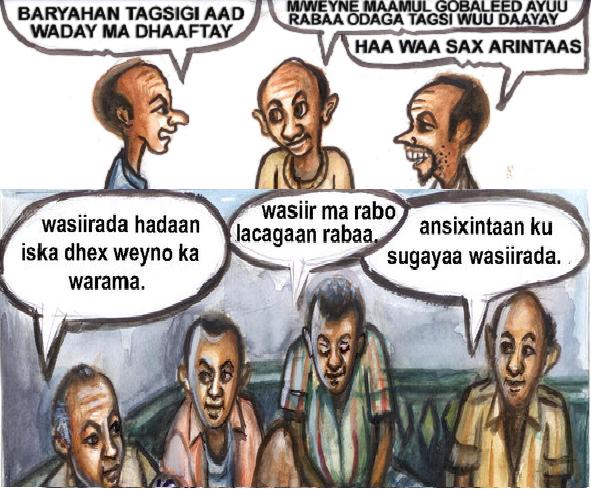
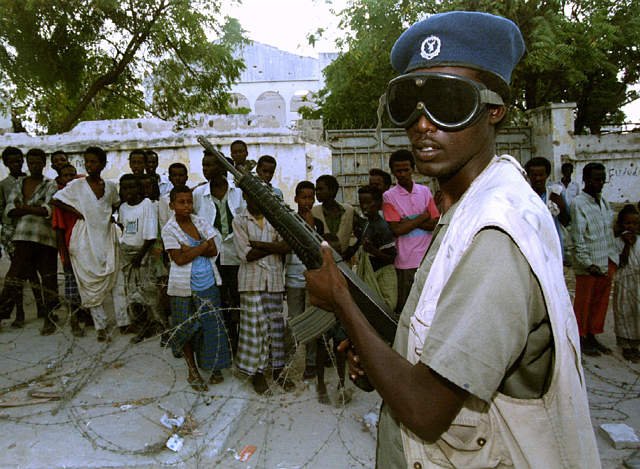


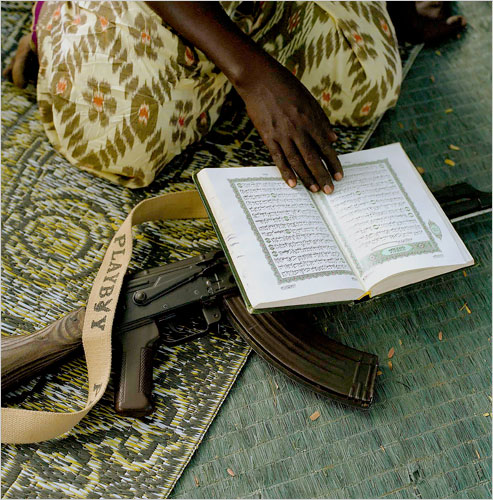

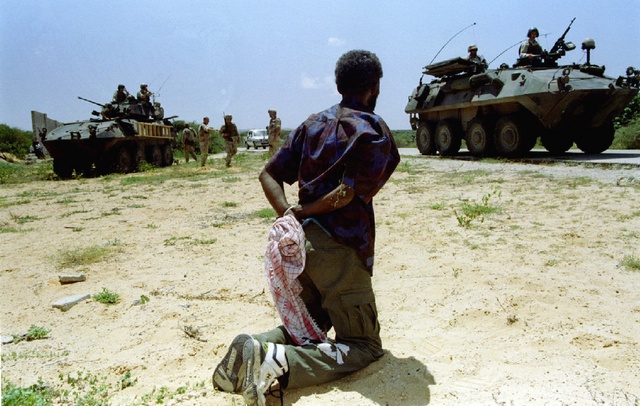
.jpg)




